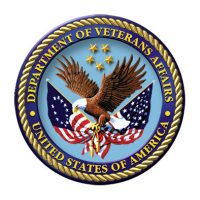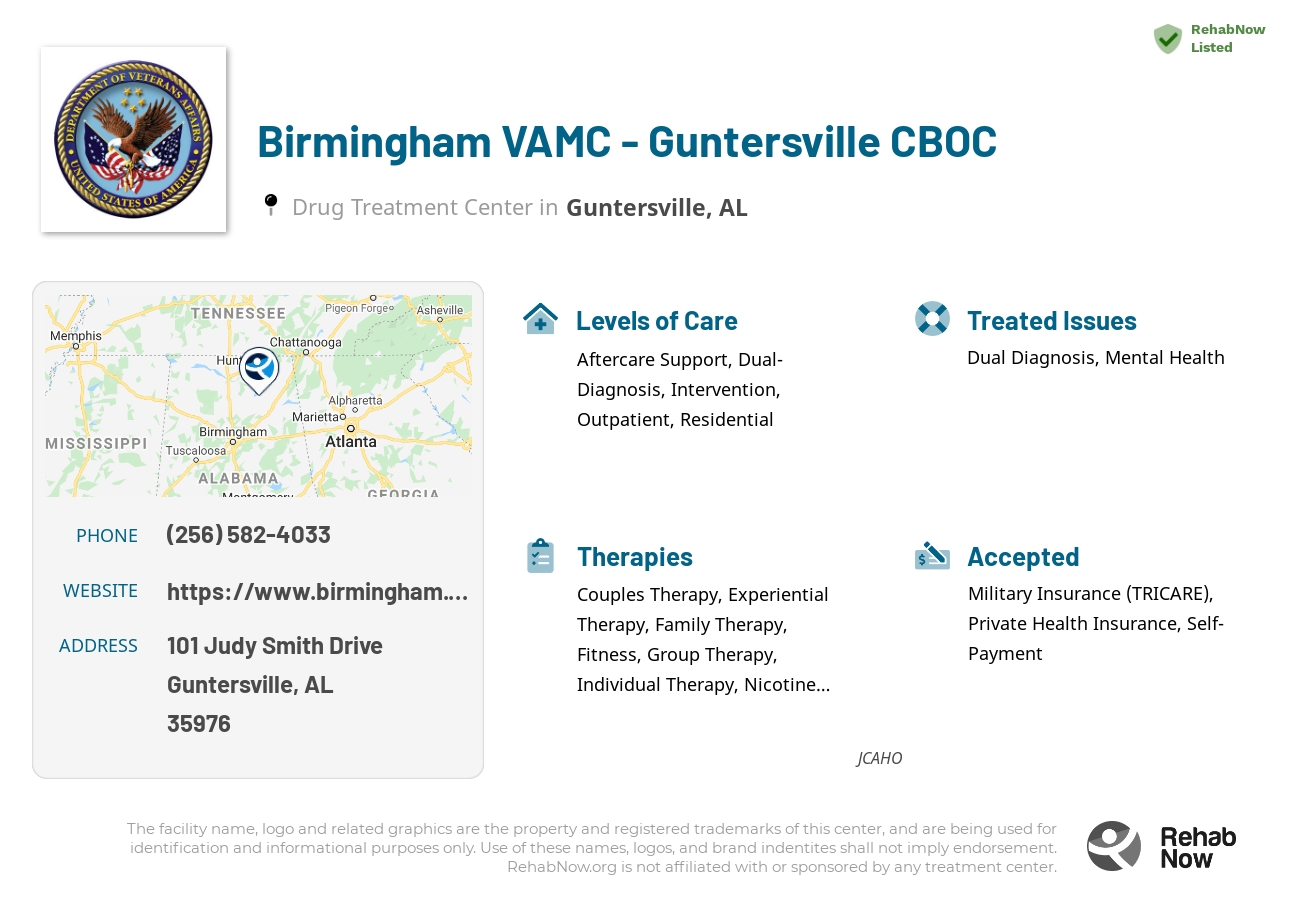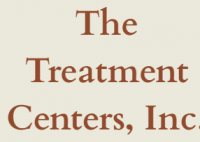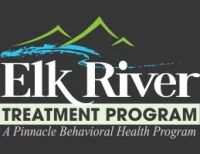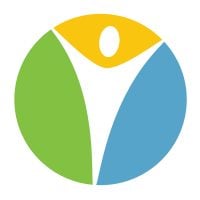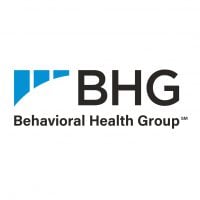Birmingham VAMC - Guntersville CBOC
Drug Rehab Center in Guntersville, Alabama
Birmingham VAMC - Guntersville CBOC provides addiction and substance abuse treatment alongside various medical services for veterans and their families to support and empower them to maintain sobriety and live healthier, more productive lives.
About Birmingham VAMC - Guntersville CBOC in Alabama
Birmingham VAMC - Guntersville CBOC, nestled in Guntersville, Alabama, offers a unique blend of outpatient addiction treatment and mental health care primarily for Veterans. This facility is tailored to address a range of concerns from substance use disorder to various mental health disorders, ensuring a comprehensive approach to recovery.
- Specialized Veterans Care: Dedicated services for Veterans, focusing on substance abuse and mental health disorders including PTSD and depression.
- Comprehensive Treatment Options: Includes individual and group therapy, evaluation, and care management to support the diverse needs of its clients.
- Accredited and Inclusive: Accredited by JCAHO and CARF, accepting a wide range of insurance plans including VA benefits, Medicare, and TRICARE.
Holding accreditations from both JCAHO and CARF, Birmingham VAMC - Guntersville CBOC upholds the highest standards in addiction and mental health treatment services. Clients benefit from a combination of therapies tailored to promote long-term recovery, ranging from evidence-based psychotherapies to 12-Step approaches.
Specifically, this center caters to Veterans struggling with drug addiction, alcoholism, opioid addiction, and dual diagnosis conditions. Treatment is multifaceted, incorporating individual and group therapy, with a focus on promoting a safe and supportive recovery environment.
Genders
Ages
Modality
Additional
Accreditations

JCAHO

CARF
The Commission on Accreditation of Rehabilitation Facilities (CARF) is a non-profit organization that specifically accredits rehab organizations. Founded in 1966, CARF's, mission is to help service providers like rehab facilities maintain high standards of care.
Conditions and Issues Treated
A drug rehab center that uses Dual Diagnosis is more likely to be successful in rehabilitating a person. Dual diagnosis helps to identify and treat any co-occurring disorders. It is essential to screen for both addiction and any untreated mental health issues. A dual diagnosis gives rehab the means to treat addiction while restoring mental and emotional health.
About 70% of patients with drug addiction have at least one other psychiatric diagnosis. Fortunately, dual diagnosis treatment is a proven model that has been highly effective.
Levels of Care Offered
This center offers a variety of custom treatment tailored to individual recovery. Currently available are Aftercare Support, Dual-Diagnosis, Intervention, Outpatient, Residential, with additional therapies available as listed below.
Outpatient programs offer a lower intensity level of addiction treatment than inpatient facilities. They are ideal for those who have graduated from inpatient facilities, have a supportive home environment, and are motivated to commit to the program. Services offered include medication-assisted treatment, individual and group therapy, and peer group support.
This treatment is a popular option for those suffering from a lower intensity addiction. It is not advisable for someone who needs to go through a medically supervised detox or does not have a supportive home environment. It requires motivation and dedication to commit to the program without constant monitoring.
Residential treatment programs are those that offer housing and meals in addition to substance abuse treatment. Rehab facilities that offer residential treatment allow patients to focus solely on recovery, in an environment totally separate from their lives. Some rehab centers specialize in short-term residential treatment (a few days to a week or two), while others solely provide treatment on a long-term basis (several weeks to months). Some offer both, and tailor treatment to the patient’s individual requirements.
Interventions help families and friends express their feelings, express their desire for change, and plan for action. Interventionists are trained professionals who help family members plan or lead interventions. Family members should help choose an experienced professional to guide their loved one through treatment. Across the country, intervention services are available.
Aftercare Support in drug rehab is crucial because it helps people stay sober after treatment. Aftercare Support in drug rehab is helpful because it provides the recovering person with a support group, including family members, friends, and other peers who are also in recovery.
The benefits of Aftercare Support are that it provides a pathway that will help people get sober for life. It supports healing at all levels, physical, mental, emotional, and spiritual. Another benefit of Aftercare Support is that participants learn to maintain their sobriety through holistic methods. They learn to modify behaviors individually to have peace of mind, have positive relationships with others, and find peace on the inside.
Therapies & Programs
During individual therapy at Birmingham VAMC - Guntersville CBOC in , the person in recovery meets with a therapist one on one to go over their situation and learn from past mistakes. The counselor or therapist will use this time to address the causes of addiction, triggers, and any mental issue or dual diagnosis. They will also address aftercare plans, giving them the best chances of long-term sobriety.
This therapeutic process is very intense and challenging to go through. Some clients may find it easier to open up with someone apart from their family or loved ones who understand their struggles and experience with addiction.
The process of going through couple’s therapy at Birmingham VAMC - Guntersville CBOC in allows for both partners to be on the same page regarding addiction recovery. Whether one or both members of the couple struggled with addiction, they can improve their odds of sobriety by undergoing this treatment together. This therapeutic environment teaches how to communicate effectively and avoid relapse triggers while building healthy lifestyles that may help maintain sobriety following graduation from rehab programs.
Family therapy is designed to help addicts get clean and sober by using what they love the most; their family. Most drug treatment centers make it mandatory that the addict’s family attend therapy sessions, which is great because having everyone there to support them makes it much easier for them to get clean. Not only are they surrounded by people who want them to get better, but everyone is there because they want the best for them, not because they feel like they have to be.
Drug addicts are often surrounded by resentful or uneducated family members who would, at times, rather see them stay addicted because it makes their own lives easier. Sometimes they don’t understand what the addiction is or how they play a part in it. They know that during and after the addict’s sobriety journey, they will face challenges and changes that they aren’t sure how to handle. This can be very tough for an addict to go through on their own, which is why it’s so important that they have the support of their family. Just because someone is an addict does not mean that they don’t deserve the love and support of those around them.
Addicts in Guntersville, AL can find support in group therapy at Birmingham VAMC - Guntersville CBOC by finding peers who understand their situation and being held accountable. They also learn to develop faith, understanding, and insight into their addiction through shared conversations.
Group Therapy is employed by drug treatment centers to provide the recovering addict with a platform to talk about their feelings and experiences. It also provides for an opportunity to learn from other addicts who have successfully overcome their addiction. It is recommended that all group members be recovering addicts for this type of therapy to work.
Trauma therapy allows people who struggled with a past trauma to face the situation and learn from it. Many people go through traumatic events at an early age that later leads them into addiction as adults. By addressing this issue during treatment at Birmingham VAMC - Guntersville CBOC in [/type], you can move forward with your recovery process and take back control of your sober future, too!
Traumas are one of the most common causes of psychological disorders such as Addiction Disorder. It’s often found among those diagnosed with Addictive Disorders because traumatized individuals have strong emotions or thoughts related to their traumas, leading to addictive behaviors.
Cognitive Behavioral Therapy (CBT) helps addicts comprehend the causes of their substance abuse and the consequences that follow. The treatment’s goal is to help addicts gain self-control and maintain abstinence from drugs and alcohol over the long term. Through CBT, clients learn to recognize and avoid high-risk situations and cope with challenging situations when they arise.
Nutrition therapy has been used as a treatment modality for addiction recovery and in eating disorders for adults, adolescents, and children. Specific nutrients have been identified that influence neurotransmitters associated with reward pathways of the brain. Carbohydrate loading with complex carbohydrates to elevate serotonin levels was effective in treating bulimia nervosa. This approach prompted researchers to explore the use of this type of nutritional intervention in other disorders.
Nicotine replacement therapy is a popular method of treatment that helps individuals overcome their addiction to cigarettes by providing them with safer alternatives. Nicotine replacement options can include:
- Inhalers
- Gum
- Patches
These treatments are often used in combination with other therapies, such as cognitive behavioral therapy or motivational interviewing, to help individuals more easily transition into a smoking-free lifestyle.
Patient Experience
Experiential Therapy at Birmingham VAMC - Guntersville CBOC
Experiential therapy is a type of treatment involving immediate, intense experiences designed to manage addiction. Experiential therapy is beneficial for:
- People who are seeking to overcome an addiction but have difficulty focusing on treatment goals
- People with short attention spans due to high levels of stress or difficulty concentrating
- People who are afraid of engaging in treatment due to negative past experiences
Fitness Therapy
The most important part of recovering is recovering the body. Addiction can damage your health in many ways. Learning how to take care of yourself includes physical fitness. Exercise can release feel-good chemicals and can further contribute to positive self-esteem. Self-discipline can be practiced through an exercise regimen as you learn how to take care of yourself.
Studies have shown that exercise increases abstinence rates, ease withdrawal symptoms and improve depressive symptoms for those in Guntersville, AL.Exercise is an ideal way to improve physical and mental health. To help a body heal from the damage of addiction, those undergoing treatment at Birmingham VAMC - Guntersville CBOC in Guntersville, AL are advised to engage in fitness therapy.
Payment Options Accepted
For specific insurance or payment methods please contact us.
Is your insurance accepted?
Ask an expert, call (888) 674-0062
Birmingham VAMC Associated Centers
Discover treatment facilities under the same provider.
- Birmingham VAMC - Bessemer CBOC in Bessemer, AL
- Birmingham VAMC - Gadsden CBOC in Gadsden, AL
- Birmingham VAMC - Shoals Area CBOC in Sheffield, AL
- Birmingham VAMC - Anniston Oxford CBOC in Oxford, AL
- Birmingham VAMC - Huntsville Clinic in Huntsville, AL
Learn More About Birmingham VAMC Centers
Additional Details
Specifics, location, and helpful extra information.
Guntersville, Alabama 35976 Phone Number(256) 582-4033 Meta DetailsUpdated April 15, 2024
Staff Verified
Birmingham VAMC - Guntersville CBOC Patient Reviews
There are no reviews yet. Be the first one to write one.
Guntersville, Alabama Addiction Information
Opioids, such as heroin, fentanyl, and prescription opioids are related to more than half of all drug-related overdoses in Alabama. Alcohol is the most frequently used substance in Alabama; 85,000 Alabamians use cocaine every single year. In Alabama, there are four times as many vehicle crashes involving alcohol as there are normal vehicle crashes.
In 2012, there were 552 drug-related hospitalizations in Guntersville, AL. 20% of high school students reported using an illicit drug in the past month, higher than the state average of 18%. There are many different types of drug treatment options available in Guntersville, Alabama. Common treatment options include inpatient rehabilitation, outpatient rehabilitation, and 12-step programs.
Treatment in Nearby Cities
- Fayette, AL (98.8 mi.)
- Newton, AL (209.2 mi.)
- Bessemer, AL (73.6 mi.)
- Pelham, AL (76.9 mi.)
- Eight Mile, AL (267.7 mi.)
Centers near Birmingham VAMC - Guntersville CBOC
The facility name, logo and brand are the property and registered trademarks of Birmingham VAMC - Guntersville CBOC, and are being used for identification and informational purposes only. Use of these names, logos and brands shall not imply endorsement. RehabNow.org is not affiliated with or sponsored by Birmingham VAMC - Guntersville CBOC.
